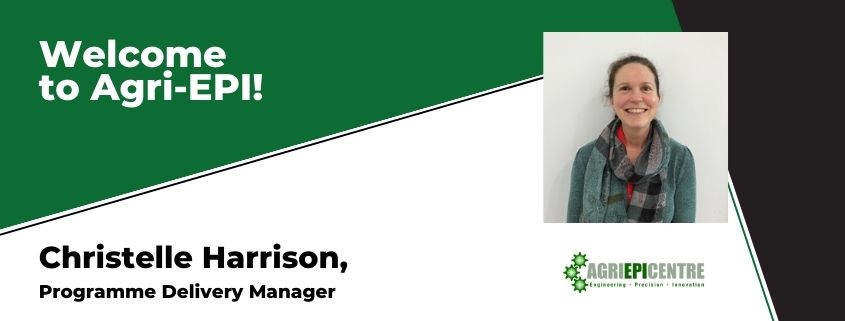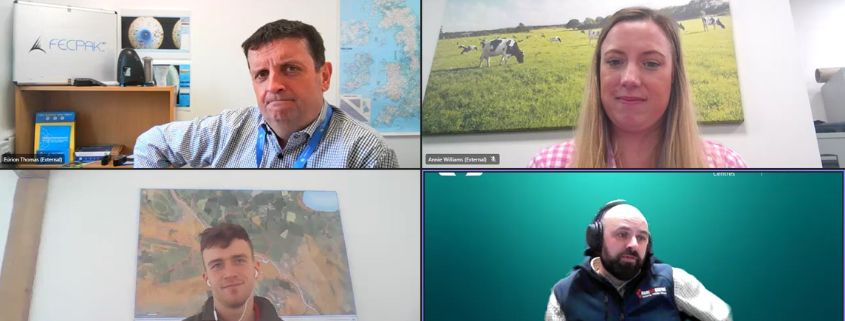Agri-EPI Centre has recently added a new service to our offering: Life Cycle Assessment. Life Cycle Assessment is an internationally standardised method of evaluating the environmental impacts of a product, process, or service. This is done by quantifying an array of impacts at each life stage of the subject and summing them up to create a comprehensive picture of the affects the subject has on the environment. The impacts assessed include fossil fuel extraction, greenhouse gas emissions, water eutrophication, soil acidification, land usage and many more.
Agri-EPI Centre’s Chief Technology Officer, Trisha Toop, has been a Life Cycle Assessment Practitioner for over 10 years. In that time, she has amassed a wealth of experience in assessing novel agri-tech and industrial biotechnology products and processes. She has brought this expertise to Agri-EPI where she leads the company’s technical and sustainability efforts.
Trisha said:
“Including Life Cycle Assessment in our portfolio of offerings to agricultural technology companies will offer them a credible way to assess the environmental sustainability of their product. Life Cycle Assessment is a scientific method for quantifying sustainability and can arm technology developers with the information they need to ensure their product is effectively combatting climate change.”
Trisha is now mentoring Emily Laskin, Agri-EPI Centre’s new Agri-Tech Sustainability Analyst, in Life Cycle Assessment.
After receiving her Biosystems Engineering degree at University of California, Davis, Emily brought her expertise to Edinburgh where she became Farms Technical Coordinator at Agri-EPI. After three years working closely with our innovation farmers while developing her technical and analytical skills, she has now transitioned into the role of Agri-Tech Sustainability Analyst. She will be delivering the sustainability analysis of R&D projects for agricultural clients across the UK as well as leading Agri-EPI’s sustainability efforts and providing a framework for sustainability within the company.
Life Cycle Assessment is crucial for the end-user, which in the case of agricultural technology, is the farmer. Sustainability has become a point of contention in the farming community, as some farmers feel they have been manipulated into utilising less productive and less cost affective farming methods in pursuit of a seemingly impossible goal: net-zero.
Emily said:
“Sustainability has become incredibly important in today’s market, but the term is poorly defined and often used as a marketing tool. We want to ensure that the technology we are recommending to farmers is proven to decrease their environmental impact through scientifically founded means. Applying quantifiable methods of sustainability will prove to farmers that they are not being taken advantage of and instead are actively contributing to the country’s climate change mitigation strategy.”
This also may become useful when farms are completing carbon audits. Having LCA-certified equipment on farm will increase the accuracy of the carbon audit and may enable access to carbon-related government grants.
Life Cycle Assessment is just the beginning of Agri-EPI’s sustainability offering.
“Our vision is to offer a full package of assessments, analysing all three pillars of sustainability: environmental, social, and financial. We believe a product must be interrogated in each of these categories before being labelled as ‘sustainable’ – in other words, it must be cost effective, have minimal to no negative environmental impact, and it must support the health and well-being of the communities it affects.”





